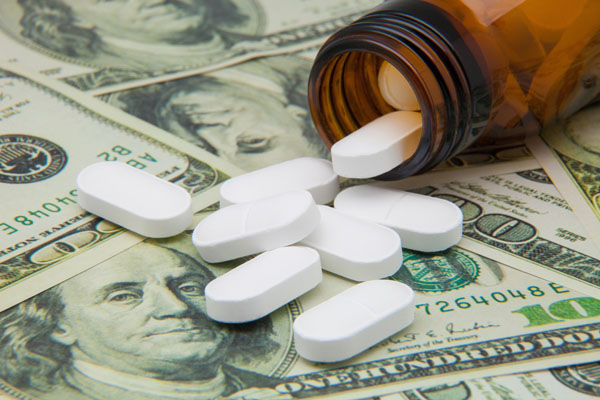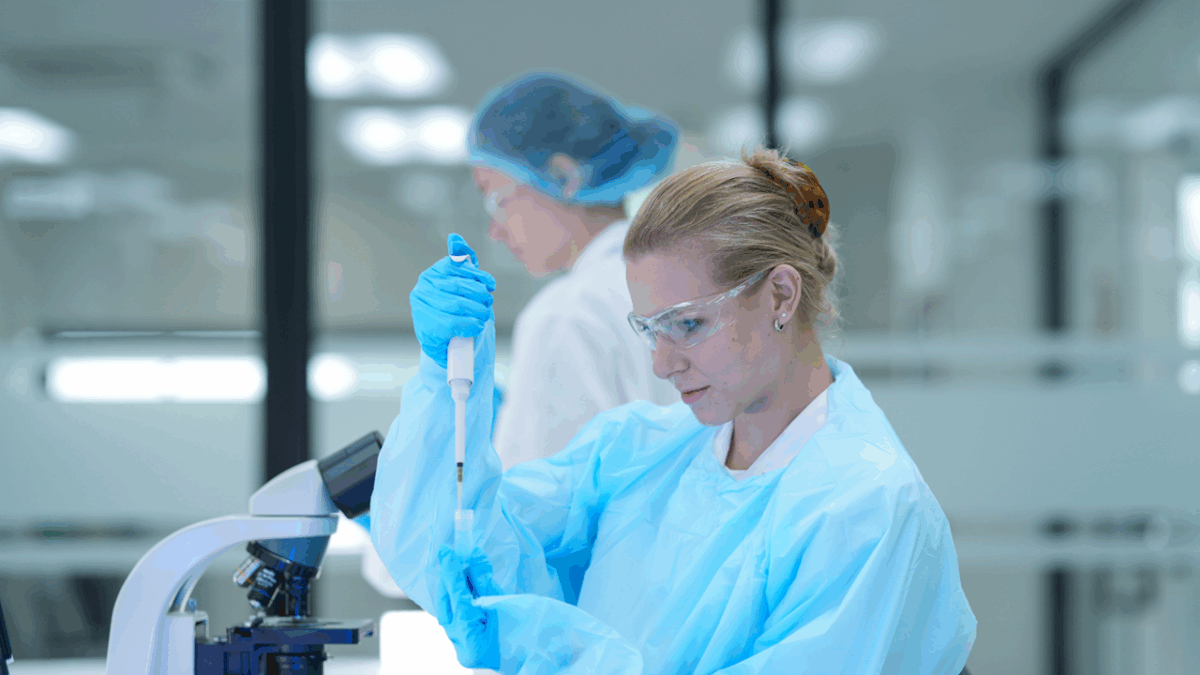Turing Pharma CEO, Martin Shkreli made waves earlier this week, when he announced he’d be increasing the price of their antiparasitic drug, Daraprim, from $13.50 to $750, per dose. Shkreli redacted the price hike following outcries both from the public, and members of the biopharma industry.
In an interview with NBC News, Shkreli said, “There were mistakes made with respect to helping people understand why we took this action. I think that it makes sense to lower the price in response to the anger that was felt by people.” He ended by saying that the revised price of Daraprim would be decided within the next few weeks.
The antiparasitic drug is used to treat infection with Toxoplasma gondii – or toxoplasmosis – which occurs most commonly in immunocompromised individuals, including HIV-infected patients, as well as cancer patients undergoing chemotherapy. Daraprim was approved in 1953 – 62 years ago – and can also be used to treat malaria (though it is less often used for this purpose).
Dr. Judith Aberg, the chief of the division of infectious diseases at the Icahn School of Medicine at Mount Sinai asks, “What is it that they are doing differently that has led to this dramatic increase?” According to Aberg, the inflated cost of Daraprim could lead hospitals to use, “alternative therapies that may not have the same efficacy.”
Shkreli’s response to the backlash, was that the price increase wouldn’t have a huge effect on payers, considering the drug is used by a relatively small number of patients. He also commented that the rise in the cost of Daraprim reflects the cost of staying in business, and that the extra revenue will be earmarked for R&D investment in more effective treatments for toxoplasmosis.
In a tweet condemning news of the price increase, democratic presidential candidate Hillary Clinton wrote, “Price gouging like this in the specialty drug market is outrageous.” Following her comment, she released details of her pharmaceutical price control proposal, which could limit price increases on drugs.
In response to the public controversy over Shkreli’s proposed price increase, the biotech trading group, Biotechnology Industry Organization (BIO), released this statement: “As a general policy, BIO does not comment on matters related to individual company products or product pricing decisions, such as today’s news about Turing Pharmaceuticals. That said, the focus of the biotechnology industry is to develop innovative therapies and cures for patients. This means it is imperative not only that we develop these new medicines, but that all patients have access to them, as necessary to meet their healthcare needs. This principle should apply to old medicines as much as to the new.”
At this point, it’s unclear as to what Daraprim will be priced at in the future. However, industry insiders are quick to point out that the latest Turing Pharma scandal is far from an isolated case. A general trend in rising drug prices, leads some to point out that more stringent drug pricing regulations need to be established.
Sources:
- UPDATE: Shkreli backtracks on 5,000% price hike after outrage, doesn’t specify new cost – http://www.biopharmadive.com/news/update-shkreli-backtracks-on-5000-price-hike-after-outrage-doesnt-spec/405932/
- Clinton calls out Turing & Shkreli on wild price hike, releases pharma cost cap plan – http://www.biopharmadive.com/news/clinton-calls-out-turing-shkreli-on-wild-price-hike-releases-pharma-cost/406040/
- Drug Goes From $13.50 a Tablet to $750, Overnight – http://www.nytimes.com/2015/09/21/business/a-huge-overnight-increase-in-a-drugs-price-raises-protests.html?_r=1












Join or login to leave a comment
JOIN LOGIN